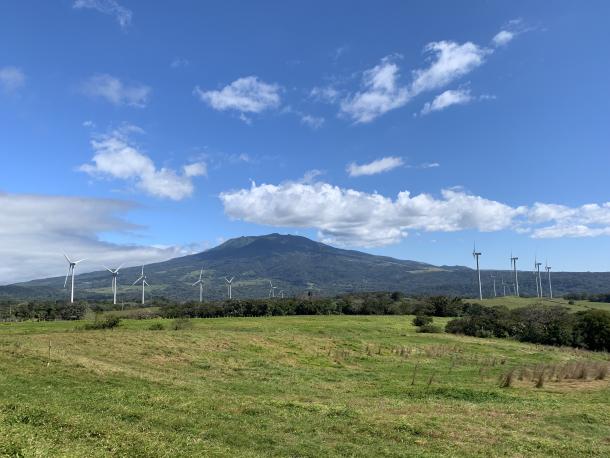
In a recent Op-Ed in Delfino, Christiana Figueres, the Executive Secretary of the UN Framework Convention on Climate Change (2010-2016), and current co-founder of Global Optimism Ltd., a company driven by a mission focused on social and environmental change, writes that Costa Rica should close the gate to oil exploration in the country once and for all. The oil and gas industry has been declining globally for many reasons, she writes, and, now, the coronavirus pandemic has given it two additional fatal blows. The first is that public tolerance for fossil fuels continues to decrease, especially in light of scientific studies linking air pollution from these fuels with lung decline and increased susceptibility to COVID-19. Second, the paralysis of the economy due to the pandemic has led to a dramatic drop in oil demand and, while everything points to that demand recovering, it will not come back to its previous levels. As such, she says, any opportunity for Costa Rica to benefit from the exploitation of oil and gas – if it was even there to begin with – has been closed forever. Even the exploration of oil and gas in Costa Rica, she adds, is highly risky. “Fossil fuels are not going to lead us to prosperity because the viability of those fuels was in the past,” writes Figueres. “Far from going back to them for our transportation, Costa Rica must encourage efficient, public, and clean transportation, based on our privileged electricity.” Costa Rica has always been a world leader in sustainability, she continues, and entering the oil sector would not only have a high fiscal cost, but it would damage the country’s brand. A recent study found that there are 35 million potential tourists that would come to Costa Rica, drawn by the country’s peace, people, nature, and – clean energy. It would be bad business, she suggests, to threaten this income stream, particularly when 85 percent of tourist income is distributed among small and medium-sized entrepreneurs. Any oil revenue, she notes, would benefit just a few, accentuating income inequality in the country. Figueres concludes: “The Stone Age did not end for lack of stones. It ended because we learned to use metals, materials far superior to stone. The oil age will not end for lack of oil, but because we have developed less polluting, cheaper, more stable alternatives for the economy and more responsible to our future generations. Far from looking back, Costa Rica must always take firm steps forward.” The original article, in Spanish, can be found here. An English translation is available here.